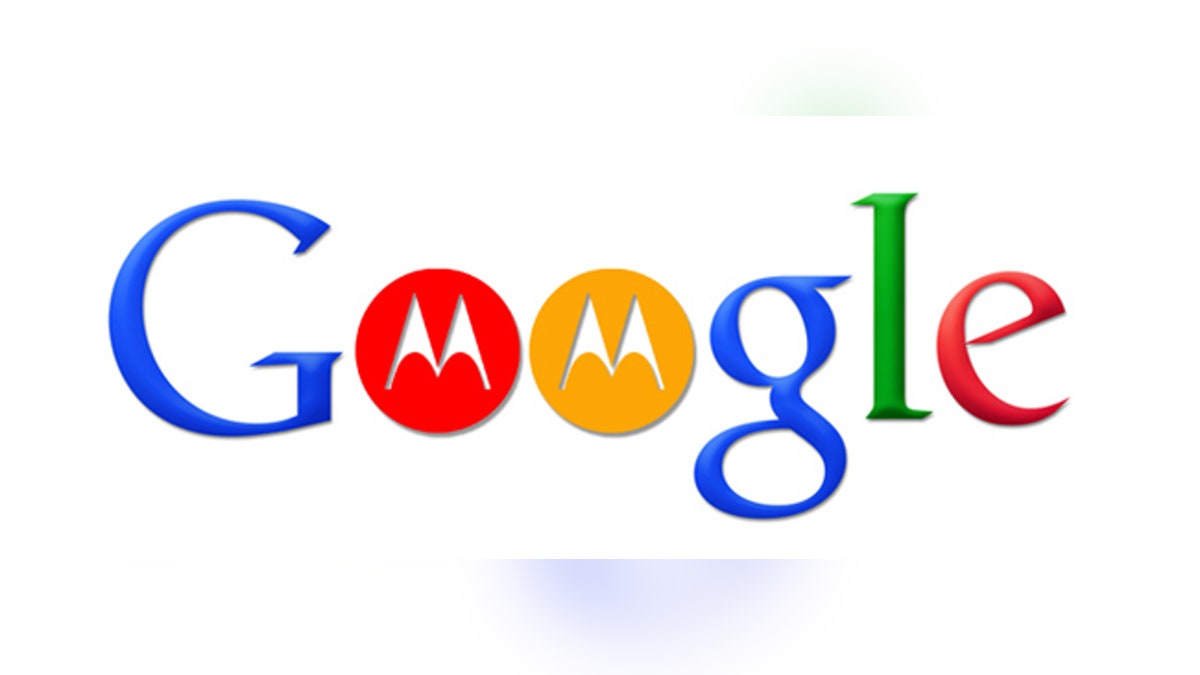
Google has agreed to change certain business practices to resolve the FTC's competition concerns after a 19-month review process. Investigations included Google's purchase of Motorola in 2012, during which it acquired a number of patents related to what the FTC called the "cornerstone of the interoperability standards." The FTC was concerned that, without intervention, Google's patent holdings and practices could "stifle competition in the markets for popular devices such as smart phones, tablets and gaming consoles."
In cases of patent disputes for standard-essential features, Google has agreed to consult a neutral third-party before seeking injunctions. This system sets a road map for standards essential patents going forward, allowing competitors to use and build upon existing industry standards without the immediate concern of patent litigation.
Additionally, Google is implementing two voluntary changes that are unrelated. The first is that websites will now be able to opt-out of Google Search as well as remove content from specialized search results pages. The second change will allow advertisers to use the AdWords API to "mix and copy ad campaign data within third-party services."
Somewhat surprisingly, the FTC made no ruling regarding Google's promotion of their own content over that of their competitors. There have been no signs of search bias, or the manipulation of algorithms to unfairly affect the order in which search results are displayed. Google's "direct answers" feature, which provides an answer alongside search results for popular questions, is not considered to be anti-competitive and will continue growing in 2013.








































